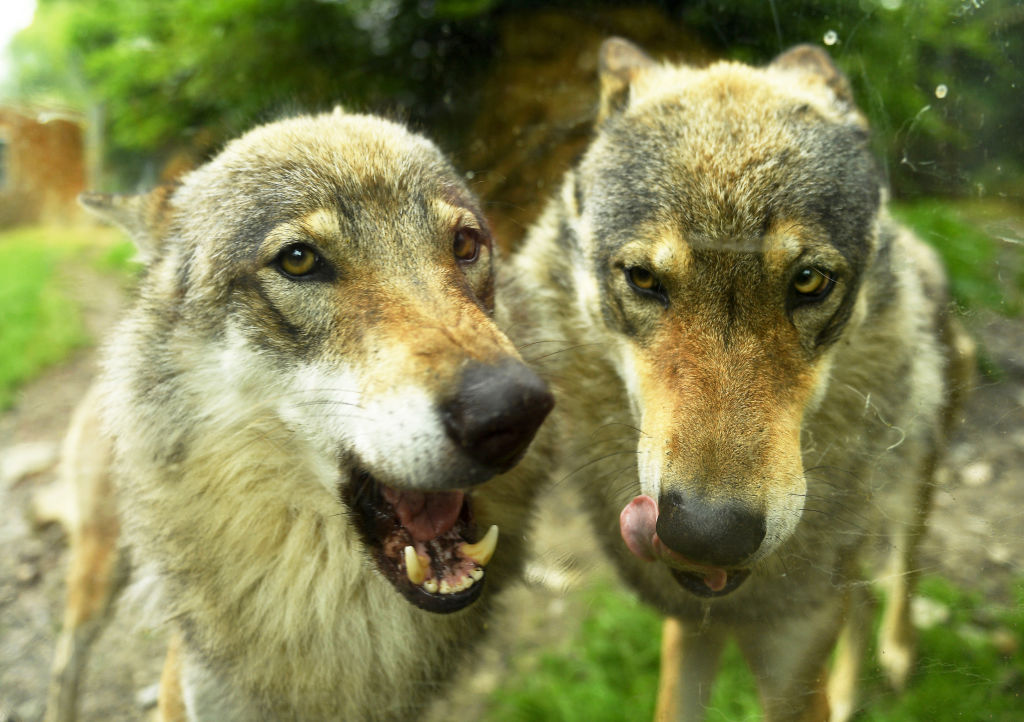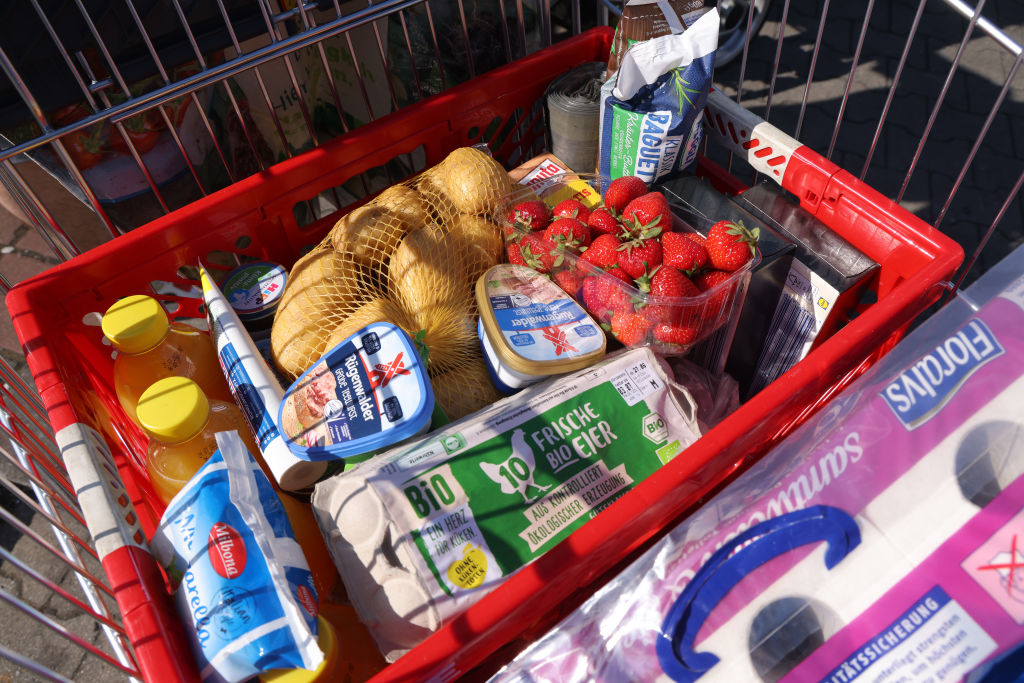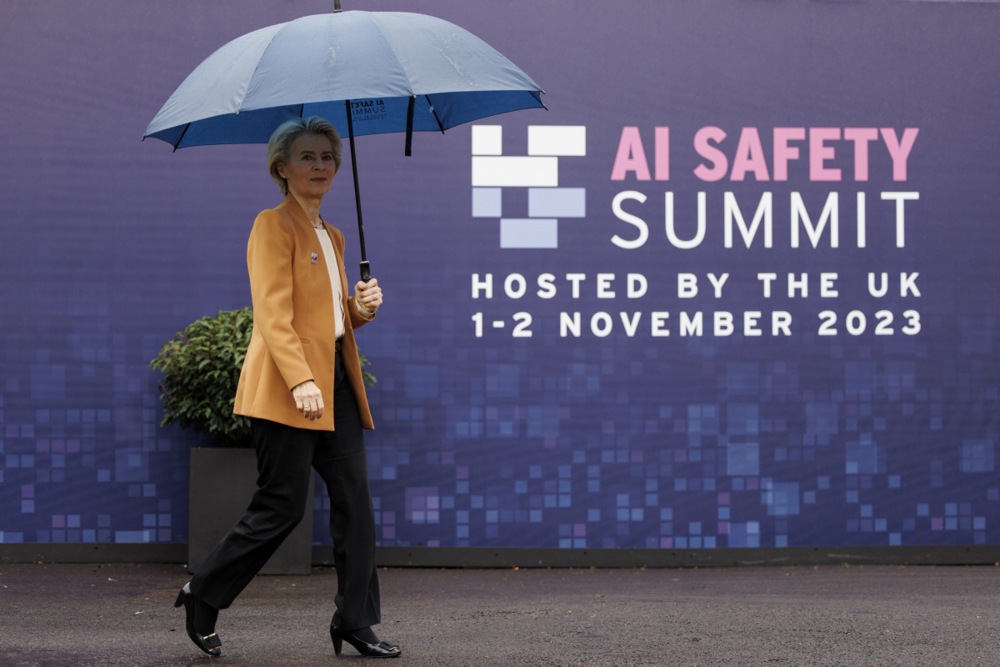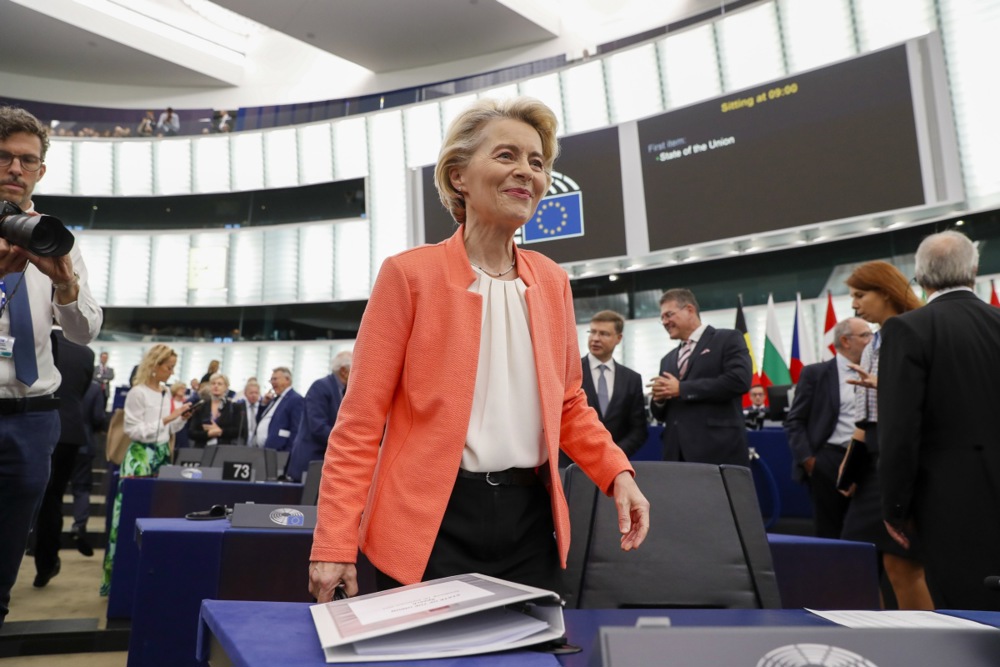The European Commission has called for legal protections for wolves to be diluted.
The move comes after the body’s President Ursula von der Leyen had her prized pony Dolly mauled to death by a wolf in Germany in September last year. The EC’s top Eurocrat has pushed for a crackdown ever since.
In a press release published on December 20, von der Leyen again justified the weakening in protections with reference to the surge in the European wolf population after the COVID pandemic.
“The comeback of wolves is good news for biodiversity in Europe. But the concentration of wolf packs in some European regions has become a real danger especially for livestock,” she said.
She added that rural Europeans must be legally given “more flexibility” to deal with their local wolf population effectively.
“I am deeply convinced that we can and will find targeted solutions to protect both, biodiversity and our rural livelihoods,” she insisted.
The EC’s recommendation must now be reviewed by European Union Member States before any changes can come into force.
European Commission President Ursula von der Leyen updated supporters about a potential EU-wide wolf cull on Wednesday.@UHemBer: "“We had 4,000 killed and injured sheep and cattle last year, and this whole situation is getting out of hand.” https://t.co/8VOytf6g4D
— Brussels Signal (@brusselssignal) September 7, 2023
The Eurocrat’s standpoint has been celebrated by some in Europe, such as German farmers who have had to deal with an uptick in wolf attacks.
Those more environmentally inclined within the bloc have reacted in horror, with “green” groups repeatedly pushing for the current protections to remain in place.
“This decision of the European Commission is deeply troubling, as it is driven more by political convenience than scientific evidence,” Joanna Swabe, a director of the Human Society International’s Europe branch, said in a statement.
“Rather than trying to destroy legal protections for these large carnivores, the Commission should be working harder to promote the uptake of coexistence measures in Member States,” she added, arguing that such methods are being “underutilised” by farmers within the bloc.
“The conservation of wolves is vital for maintaining ecological balance and biodiversity", say environmentalist groups as they lobby European Commission President Ursula von der Leyen to drop her apparent targeting of the continent’s wolf population. https://t.co/91SfsdbD0d
— Brussels Signal (@brusselssignal) December 4, 2023





